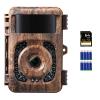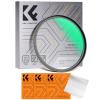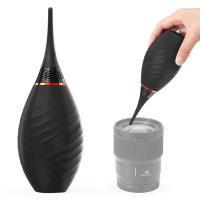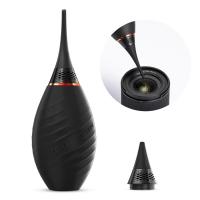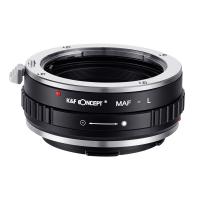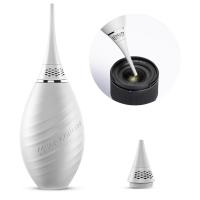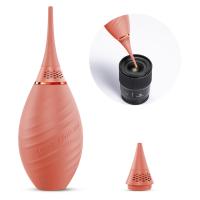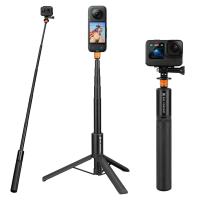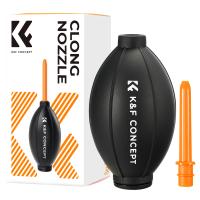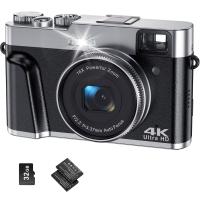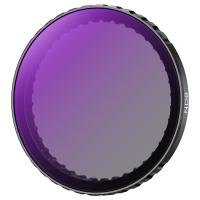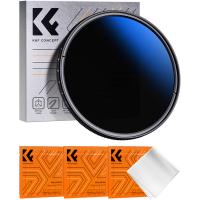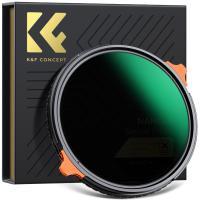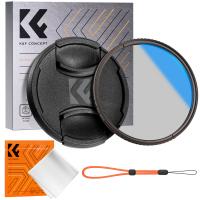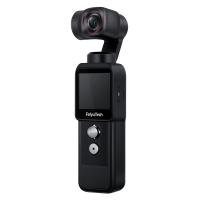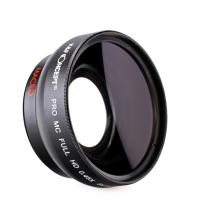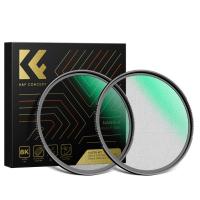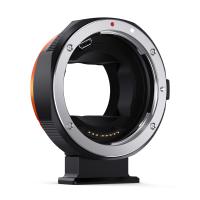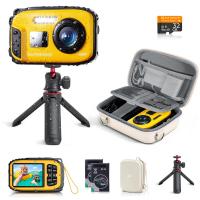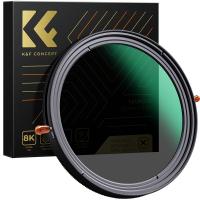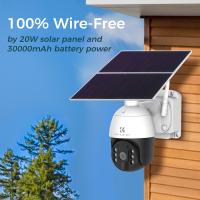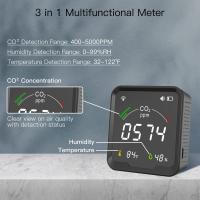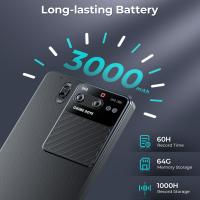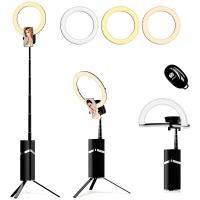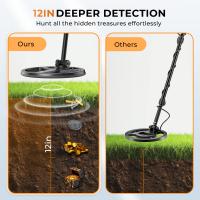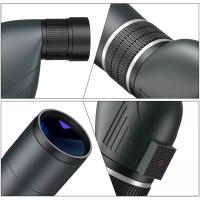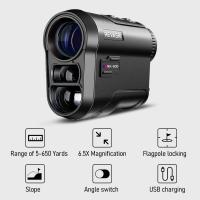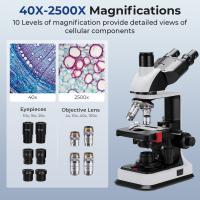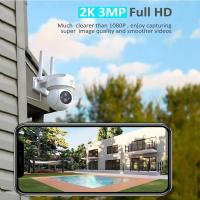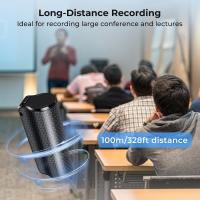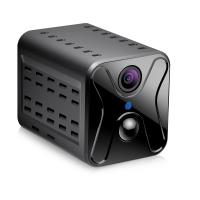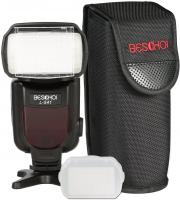How Long Will A Digital Camera Last?
Extending the Lifespan of Your Digital Camera: What You Need to Know
Digital cameras, like any piece of technology, are not designed to last forever. However, with proper care and understanding, a good-quality camera can serve you reliably for many years. If you're wondering how long a digital camera will last, there isn’t a fixed answer. The lifespan of your camera largely depends on how you use it, the environment it operates in, its build quality, and how well you maintain it. For those keen on maximizing the longevity of their device, understanding its components and common issues is key.
Let’s take a closer look at the factors that affect a camera’s longevity, practical signs of wear and tear, and how you can extend its life.
---
Factors Affecting the Lifespan of a Digital Camera
Several factors determine how long a digital camera will last before it needs repair or replacement:
1. Shutter Count
For cameras with a mechanical shutter, such as DSLRs and mirrorless models, a key factor affecting their lifespan is "shutter count," which refers to the number of times you've taken a photo. Shutters are mechanical and have a finite lifespan. Entry-level cameras may have an average shutter life of 50,000-100,000 actuations, while professional-grade cameras can often handle 200,000-500,000 actuations or more.
If you’re using your camera primarily for casual photography, you're unlikely to reach this limit quickly. However, professionals or high-volume shooters may hit this threshold earlier and potentially need to service or replace the shutter mechanism.
2. Battery Wear
The rechargeable lithium-ion batteries in digital cameras degrade over time. Most camera batteries are rated for around 300-500 full charge cycles. Depending on use, you may find a noticeable decrease in battery performance after a few years. Batteries are replaceable, but shortened battery life can lead users to question whether their camera still meets their needs.
3. Environmental Conditions
Exposure to extreme temperatures, humidity, dust, or water can significantly shorten a camera's lifespan. Even weather-sealed models have limits when it comes to protection from environmental factors. Continuous use in adverse weather conditions can lead to internal corrosion, damage to seals, or contamination in sensitive parts such as the lens and sensor.
4. Build Quality
The durability of a digital camera is heavily influenced by its build quality. Entry-level models, often made from lighter, plastic materials, may not fare as well as professional-grade options crafted with more robust materials like magnesium alloy. Spending more upfront on a higher-quality camera often results in a longer-lasting product.
5. Technological Obsolescence
Even when your camera is in perfect working order, the rapid pace of technological advancements may diminish its practicality over time. New features like better autofocus systems, enhanced low-light performance, and higher resolution sensors may lead you to consider an upgrade. Sometimes, the lifespan of a digital camera is cut short not because of a physical failure, but because it no longer meets your evolving needs.
---
Signs That Your Camera Might Be Nearing the End
It’s important to recognize early warning signs that your camera might be approaching the end of its useful life:
- Mechanical Failures: Problems with the shutter, buttons, or dials can indicate wear. Persistent malfunctions often mean it's time to consider repairs or replacement.
- Sensor Issues: Dead pixels, increased noise in images, or other sensor-related anomalies can affect photo quality and may indicate underlying hardware problems.
- Battery Drain: A battery that depletes quickly, even after replacing it, may suggest underlying circuitry problems.
- Software Glitches: Frequent freezes, unresponsive menus, or random shutdowns point to potential firmware issues or hardware failures.
- Physical Wear: Cracks, damaged screens, or port failures may also mean your camera is past its prime.
Addressing these issues early can sometimes prevent complete failure.
---
How to Extend the Life of Your Digital Camera
While technology and wear will eventually impact every camera, thoughtful care can help maximize its longevity:
1. Practice Regular Maintenance
Keep your camera clean. Dust and debris can accumulate on both the interior and exterior of your device, potentially damaging critical components. Use a blower or brush for removing particles from the lens and sensor. Avoid using improper cleaning tools that might damage the surface. If you’re uncertain, professional cleaning services can be a safer choice.
2. Handle With Care
Accidental drops and physical trauma are common causes of damage. Invest in protective cases and straps to minimize risk. Avoid placing your camera in high-risk environments, like precarious ledges or sandy beaches, without adequate precautions.
3. Store It Properly
When not in use, store your camera in a cool, dry environment. Using a padded bag or storage case with silica gel packets helps prevent dust and moisture buildup. Always ensure lenses are capped and stored separately to avoid scratches.
4. Monitor Shutter Use
If your camera has a high shutter count, consider using burst mode only when necessary. Determine whether your photography needs genuinely require frequent shutter actuations, or if you can adopt a more selective shooting style.
5. Maintain the Battery
Prolonging battery life will also help maintain overall functionality. Avoid allowing the battery to drain completely before recharging, and remove it from the camera when not in use for extended periods.
6. Update Firmware
Camera manufacturers release firmware updates to fix bugs, improve performance, and extend compatibility. Keeping your camera’s software up-to-date not only ensures better performance but also ensures that your camera remains compatible with newer accessories and file formats.
---
When to Repair vs. Replace
At some point, you may face the choice between repairing an aging camera or investing in a newer model. Consider the following guidelines:
- Repair: If the cost of repair is significantly lower than the price of a new camera, and the model still meets your needs, repairing can be a cost-effective choice. For example, replacing a shutter mechanism or fixing a loose button can give your camera a new lease on life.
- Replace: If repair costs approach or exceed the price of an upgrade, or if your current camera no longer meets your evolving requirements, replacement may make more sense. For instance, rather than repairing a sensor on an outdated model, you might benefit from the improved image quality and features of a newer release.
---
Expected Lifespan of Different Types of Cameras
Here’s a general overview of the expected lifespan for different types of digital cameras:
- Point-and-Shoot Cameras: These simpler cameras often last 3-5 years, as they are less robust and experience heavier wear in daily use.
- Entry-Level DSLRs/Mirrorless Cameras: These cameras can last 5-7 years with moderate use, though shutter count limits on entry-level models tend to be on the lower side.
- Professional DSLRs/Mirrorless Cameras: Built for durability, these devices can last 10+ years, especially if well-maintained and used responsibly.
- Specialized/High-End Cameras: Medium-format or specialized cameras may last much longer due to their superior build quality.
Ultimately, your camera’s lifespan will depend on how you use and maintain it.
---
Final Thoughts
A digital camera is an investment, and understanding its limitations helps you maximize its value. While no camera will last indefinitely, proper care, regular maintenance, and awareness of its features and performance can dramatically extend its usability. For amateur and professional photographers alike, these measures allow you to capture memories and produce quality work for years, without unnecessary costs or waste.
If you're considering whether to repair or replace your camera, assess your personal needs and budget carefully. With continued advancements in photography technology, deciding when to upgrade isn’t simply a matter of your camera breaking down—it’s about ensuring your equipment meets the demands of the art you’re creating. By making informed choices, you can navigate the world of photography with confidence and ensure your camera serves as a reliable tool for as long as possible.



